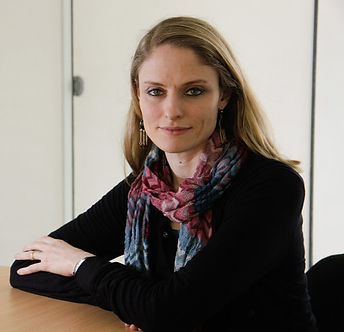Eleonora Cresto
Eleonora Cresto has a degree in Philosophy from the University of Buenos Aires, and a Doctor of Philosophy from Columbia University (NY). She is an Independent Researcher at CONICET, and an undergraduate and graduate professor at the Torcuato di Tella and UNTREF Universities. He has published more than 45 specialized articles, some of them in The Journal of Philosophy, The Journal of Philosophical Logic, Synthese, Studia Logica, Studies in History and Philosophy of Science, and many other international journals. His current research focuses on topics of formal epistemology, particularly in some aspects of the theory of knowledge, the philosophy of science, epistemic logic, and the theory of decision and games. She is Associate Editor of Erkenntnis (Springer) and Ergo (based at the University of Toronto) magazines.

Eleonora Cresto
A constructive version of Condorcet's jury theorem (CONICET, Argentina)
There has been a well-established research program for several decades that uses Condorcet's Jury Theorem (CJT) to provide an epistemic justification for democracy and majority voting. Very succinctly, the idea is that majority voting can be justified because, if certain conditions are met, it tracks the truth: at the limit, if certain conditions are met, very large groups of voters always choose the 'correct' option. In this talk I discuss the applicability of the jury theorem beyond epistemicism. I propose a version of the theorem that does not presuppose the existence of an objective fact on which the members of the group must vote; I will refer to this version as 'constructive CJT'. The possibility of circumventing the epistemic perspective shows that the basic structure of the original theorem is more versatile than we might think. Furthermore, I argue that the constructive version of the theorem reveals a surprising property of the majority rule: for some scenarios, gathering information about what the majority of the group intends to do (for example, through an opinion poll ) can encourage cooperation, assuming certain conditions are met.